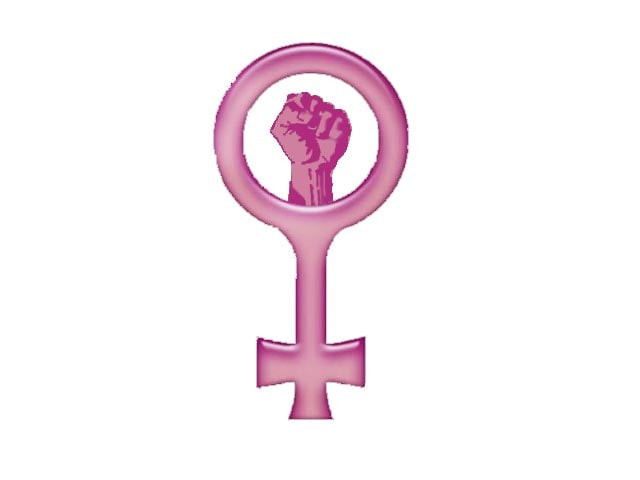Women’s rights in Pakistan: NGOs compile report to show the ‘real’ picture
Govt also prepared similar report, but it only covered positive things, claim NGOs.

Women’s rights in Pakistan: NGOs compile report to show the ‘real’ picture
Earlier, the government submitted a similar report to the United Nations ahead of the Convention on the Elimination of all forms of Discrimination Against Women (Cedaw). Now both the reports will be presented before the Cedaw committee when it meets in Geneva in February next year.
Rubina Brohi of the Aurat Foundation, said that the “NGO Alternative Report on Cedaw 2012” highlights the gaps that the government left in its official report. “The government only talked about positive things, and failed to discuss the real picture [of women’s issues] in the country.” The official report covers the period from 2007 to 2010, while the one compiled by the NGOs includes events during 2011 as well.
Cedaw was adopted by the United Nations General Assembly in 1979. According to its website, the 30 articles in the convention “define what constitutes discrimination against women and sets up an agenda for national action to end such discrimination”.

Signatories to the convention are expected to incorporate the equality of men and women in their legal system, and abolish discriminatory laws and adopt those that prohibit discrimination against women.
Legal expert and researcher Maliha Zia Lari said that Pakistan still has not incorporated the statutes of the convention into its legal system. “There is no legal definition of ‘discrimination’ in the constitution or other laws”. She added that certain laws continue to directly discriminate against women, such as the Citizens Act of 1951 and the Qanoon-e-Shahdat. The Criminal Procedure Code and the Pakistan Penal Code, do it in an indirect manner, she said. The Citizens Act, in particular, prevents a Pakistani woman, who has married a foreign national, from getting her husband Pakistani citizenship.
On the other hand, parallel judicial systems, such as jirgas, continue to rule against women and allow discriminatory practices against them to continue. Lari also lamented that the inadequate resources allocated to the human rights ministry and women development department has left the National Commission on Status of Women the only federal institution that looks at women’s issues in a serious manner.
Referring to Cedaw’s Article 6, which deals with trafficking, Lari said that various modes of trafficking in the country, such as forced marriages, child marriages and bonded labour, are not recognised.
Pakistan Peoples Party leader Taj Haider admitted that the government needed to implement the conventions that it has ratified. He said that the government will propose to increase the percentage of reserved seats for women in local government bodies from 33 per cent to 50 per cent. Haider added that the government is also mulling over increasing the monthly stipend to female beneficiaries of the Benazir Income Support Programme from Rs1,000 to Rs2,000.
Published in The Express Tribune, December 19th, 2012.



















COMMENTS
Comments are moderated and generally will be posted if they are on-topic and not abusive.
For more information, please see our Comments FAQ